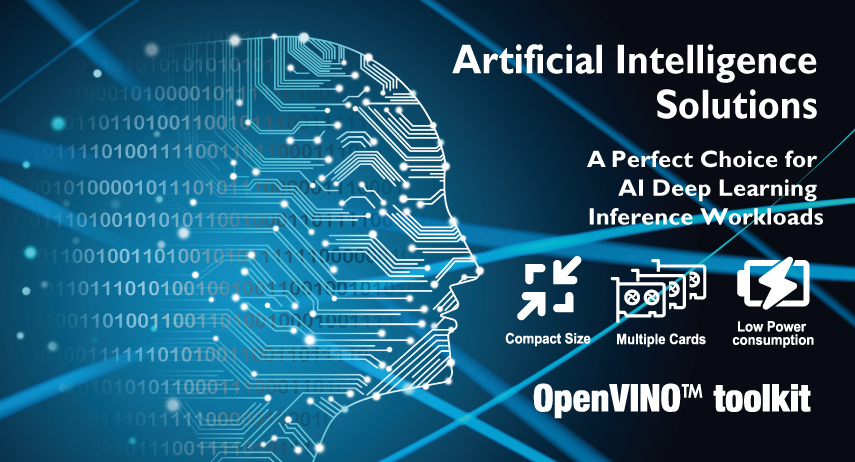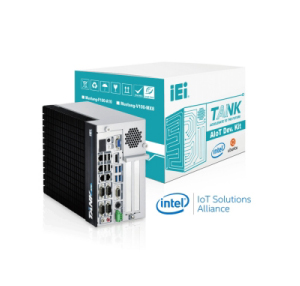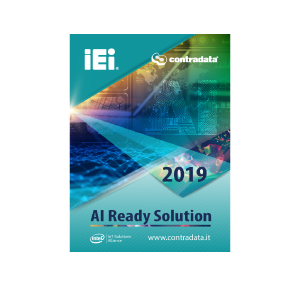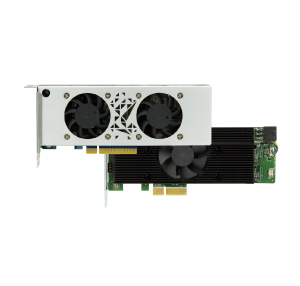
Artificial intelligence (AI) is becoming part of our lives and is destined to revolutionize various sectors including industrial automation. The implementation of neural models in computer-based applications is indeed a great opportunity for manufacturers of systems and machinery for various application areas. Artificial intelligence is based on the concept of deep learning which is the ability of a system to carry out actions without it being pre-programmed to do so. All this happens thanks to a "training" phase of the system itself that allows the extrapolation of the logical rules that will be used to interpret new information (inference in technical jargon). For several years, research institutes, universities and private organizations have been working on the development of neural algorithms and today there are a multiplicity of "pre-trained" models that can be exploited in various applications. The implementation of neural models in computer-based applications has opened the door to the development of dedicated software and hardware.
Artificial intelligence for industrial applications: from IoT to AIoT thanks to the edge computing
As we have already analyzed in several articles and presentations, the background of industrial applications is extremely heterogeneous. In automation, the classic "sensor-to-cloud" IoT approach is often replaced by the "edge computing" approach that provides for the relocation of computing power from the cloud to the periphery ("edge"). In fact, edge computing responds to some typical characteristics of the industrial background. First we must consider the typical complexity of industrial machinery in terms of functions, interfaces and communication protocols. Secondly, many industrial applications require from the machinery the capability to operate in real time mode. The implementation of systems installed on the edge therefore meets these two requirements. The edge computer is in fact able to harmonize interfaces and communication protocols, act as a gateway, pre-process the data locally, even in real time, and send it to a local or remote server, reducing the data load on the network. Today, most artificial intelligence applications rely on the computing power of the data center to perform the inference, an approach that presents the limits described above. As a result, the demand for solutions to implement artificial intelligence at the "edge" is constantly growing. Intel, for example, has dedicated important resources in developing solutions for artificial intelligence, releasing the OpenVino tool kit and developing dedicated hardware such as FPGA and the latest Intel Movidius VPU (Vision Processing Unit). OpenVino is a package of software tools that allows you to implement existing pre-trained neural models within your applications, sharing the workload on different types of hardware architecture (CPU, GPU, VPU and FPGA). With the acquisition in 2016 of Movidius, Intel then launched the innovative VPU (Vision Processing Unit) chips, now in its third generation with the Myriad X series. VPUs are dedicated chips with very low consumption (<= 5W for the VPU Myriad X MA2485) that act as hardware accelerators to perform inference in deep learning applications. Intel Movidius VPUs are perfect for interoperating with the OpenVino toolkit by offering developers a powerful toolbox for implementing artificial intelligence in various types of applications and contexts.

Mustang Accelerator Card Series from iEi Integration
iEi Integration, a partner of Intel for the development of artificial intelligence solutions, exploited the Intel Movidius VPUs to create a range of hardware acceleration cards for industrial applications. The Mustang series includes cards of various form factors that integrate from 1 to 8 Intel Myriad X MA2485 VPU chips based on the required performance level and offer industrial characteristics in terms of robustness and availability over time. They are based on standard form factors including PCI Express, Mini PCI Express and M.2 for easy integration into industrial PCs and Embedded Systems available on the market. The line of Mustang cards based on VPU (Mustang-MX) is complemented by the Mustang-F100-A10 card which, being based on Intel Altera Arria 10 FPGA, offers the highest level of performance. In addition to the Mustang cards, iEi offers a series of development kits and embedded systems for inference.
Artificial intelligence solutions and all the other iEi Integration products are distributed in Italy by Contradata which is able to offer an extensive support for the configuration of systems based on VPU and FPGA acceleration cards.
|
|
Mustang Accelerator Card Series |
 |
AI Inference Systems |
 |
Download the AI IEI brochure |
























